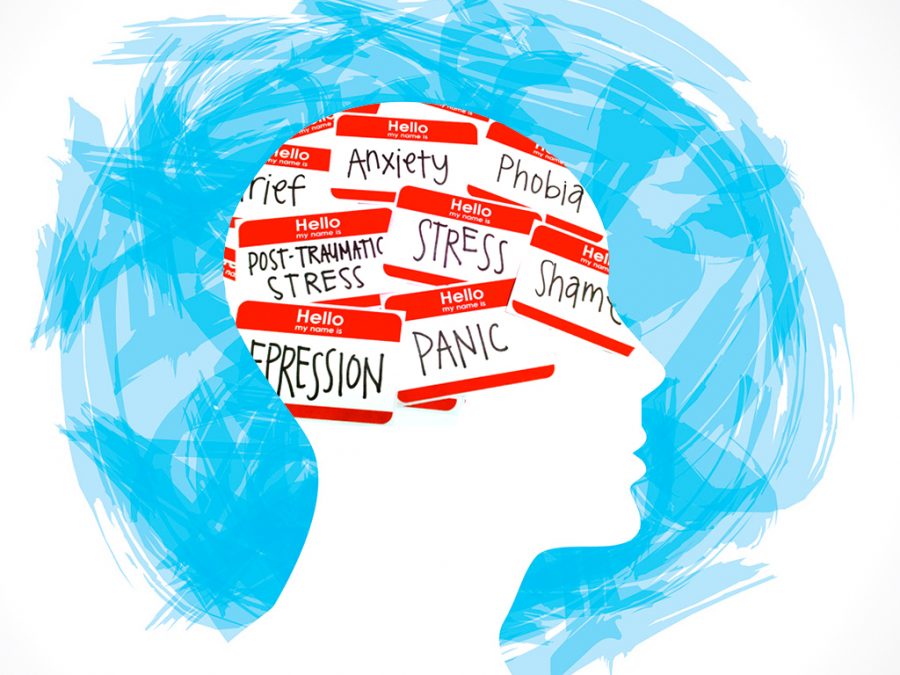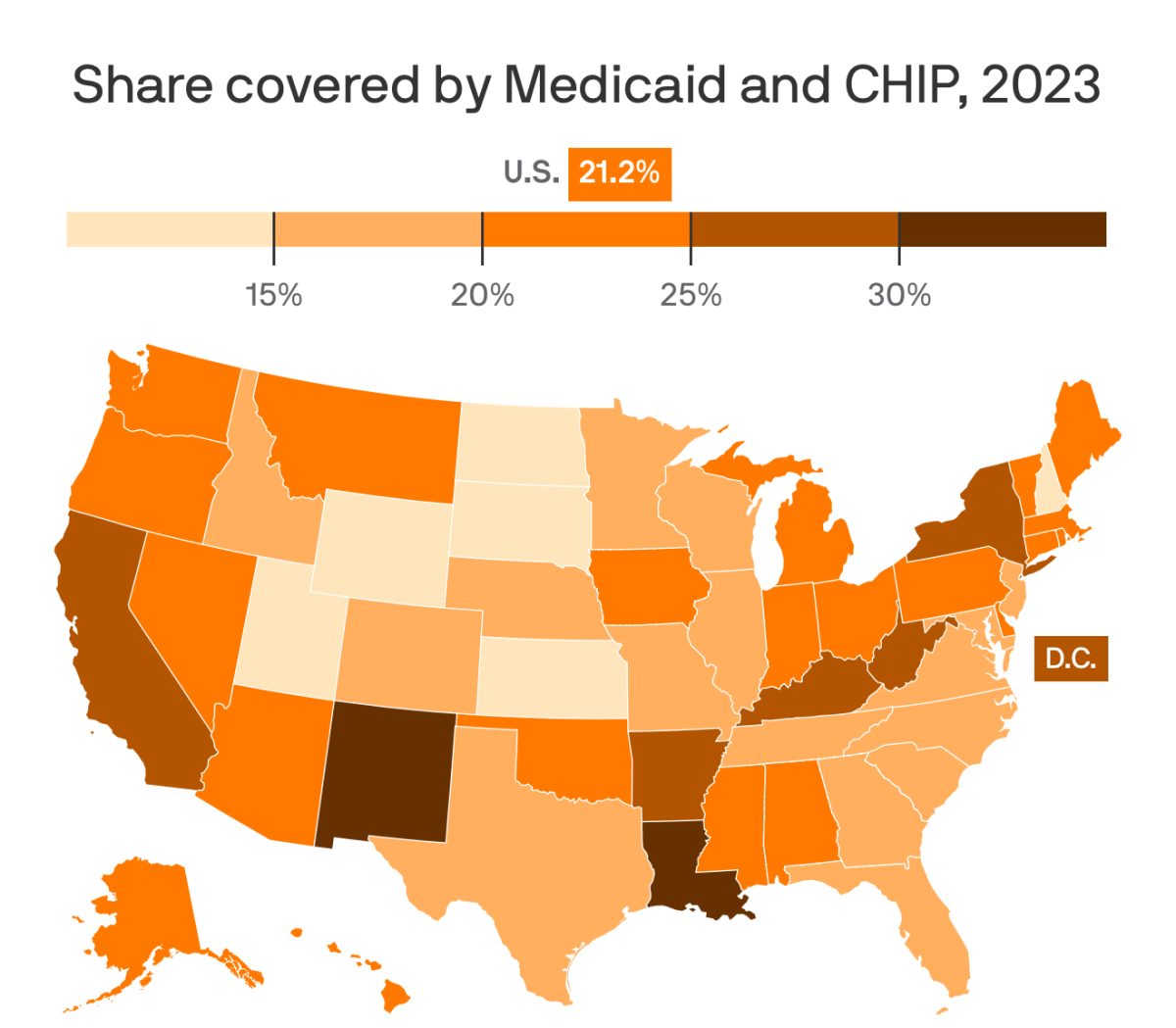September is Suicide Awareness Month. Originally established in 1979 as a support group by family members of individuals diagnosed with mental illness, The National Alliance on Mental Illness is a United States-based organization that serves as a resource on this highly taboo topic.
NAMI helps those affected by suicide, assists with sourcing effective treatment services, and raises awareness for educating others on its prevention. All month, mental wellbeing advocates, avoidance organizations, survivors, partners and community individuals join together to advance suicide prevention mindfulness.
Researched by the Statista Research Department, from 2019 to 2020, around 36.9 percent of college and university students who received mental health services had seriously considered suicide. In addition to this, they also found through study that 14 percent of college students had suicidal ideation, 6 percent of college students had a plan ready to commit, 1 percent of college students attempted, and 23 percent of college students had a non suicidal self injury.
What is even more astonishing is the way race plays a factor into the alarming studies. For Black young adults ages 15–24 years, suicide is the third leading cause of death with approximately 3,000 Black Americans dying by suicide each year.
A quote that resonates with me is “Breathe. It’s only a bad day, not a bad life.” by Johnny Depp. This resonates with me because You can acknowledge and feel the bad days, but you can’t let the bad days overpower you because pain is only temporary, and you have to choose happiness everyday.
To me, mental health includes our emotional, psychological, and social well-being. It affects how we think, feel and act. There is no health without mental health.
College years can be a few of the foremost stressful times of one’s life. The stress of monetary help, scholastics and the upkeep of a social life combined can have genuine impacts on a college student. Nowadays, numerous college mental wellbeing offices are filled with students enduring from mental wellbeing ailments, counting suicide.
Amani Parkins, a senior elementary education student, believes that mental health is an extremely important issue especially in the African American community.
“I decided to plan the Suicide Prevention walk that the Council of Presidents hosted because I feel as college students, we do not have a space to feel welcome with these issues or a place to even talk about it,” Parkins said. “Everyone being at the Suicide Prevention Walk meant a great deal to me because it allowed me to see how many individuals are struggling everyday just like myself, It made me feel and know that I have a great community that will support me. The walk was a way to share my story so I can encourage others to do the same.”
“Break the Silence. Break the Stigma. Not Another Aggie.”
There’s a stigma associated to suicide, it’s not talked about — and those who survive, endure from it feel like they can’t talk about it. Suicide Prevention Month makes a difference to destigmatize this mental ailment and advance discussion.
According to the statistics of The U.S Department of Health and Human Services Office of Minority Health, it is shown that African Americans are less likely than white people to die from suicide at all ages. However, African American teenagers are more likely to attempt suicide than white teenagers.
In addition to this, a CDC study showed that a range of factors contribute to suicide among those with and without known mental health conditions. Everyone can help prevent suicide by knowing the warning signs and where to get help.
There are different remedies to ease people away from attempting suicide. We are starting to see schools and work environments actualizing modern programs. N.C. A&T works with the program Active Minds, which caters towards promoting emotional well-being and comprehensiveness among all students.
In addition to this, Active Minds works to identify students who may be at risk for suicide and assist them in getting help.
N.C. A&T Counseling Services urges students to take advantage of the free administrations that are advertised to them.
Their services are designed to help students understand themselves better, create and maintain healthy relationships, improve their academic performance and make satisfying career and life choices. They are dedicated to helping students by providing brief counseling from a wide spectrum of services.
By bringing attention to suicide statistically and sociologically we all can reduce the social stigmas and ambiguity of the matter.







